On November 25 in Hanoi, the Vietnam Union of Science and Technology Associations (VUSTA) in collaboration with the Center for Environment and Community Research (CECR) organized the Workshop "Gender Equality and Climate Action - Connecting Global Commitments with Local Practices".
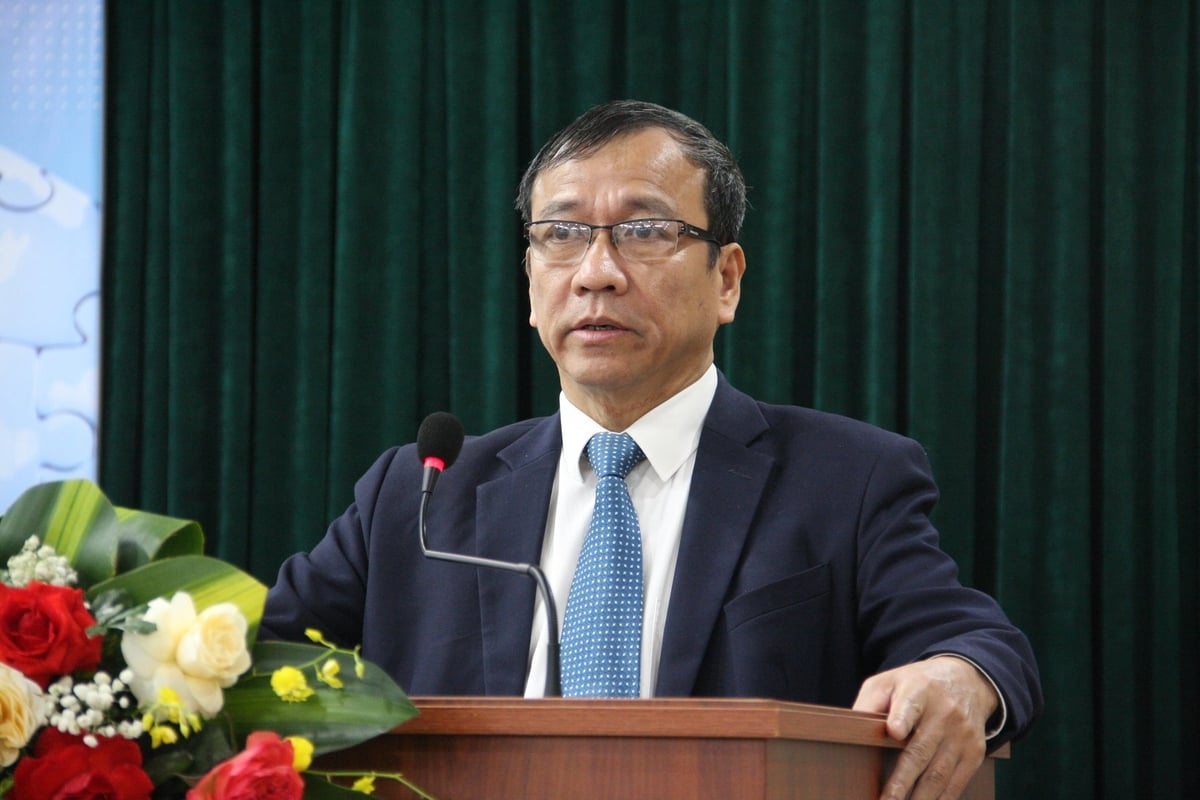
According to Dr. Le Cong Luong - Deputy Secretary General and Head of Science and International Cooperation Department, VUSTA, the organization of the workshop aims to send a message about the urgency of climate action associated with protecting women and girls - the group that is unequally affected by natural disasters. Photo: Mai Dan.
Dr. Le Cong Luong - Deputy Secretary General and Head of the Science and International Cooperation Department, VUSTA expressed concern about the severe damage caused by recent storms and floods, especially the tragic cases in the Central region. He emphasized that the images of people and even pets having to run to the roofs to avoid the floods showed the scale of the disaster was extremely severe.
According to him, the organization of the workshop aims to send a strong message about the urgency of climate action associated with protecting women and girls - groups that are disproportionately affected by natural disasters.
Ms. Caroline Nyamayemombe - Head of UN Women in Vietnam acknowledged Vietnam's efforts in promoting gender equality and mainstreaming gender into climate policies. She emphasized that women are not only more severely affected by natural disasters but also play an important role in building resilient communities. Strengthening women's capacity, ensuring their full participation in decision-making and climate response planning will help make solutions more comprehensive and sustainable.
She affirmed that UN Women is committed to supporting Vietnam in narrowing the gender gap, promoting equity and protecting vulnerable groups in the context of rapid and unpredictable climate change.
Climate policy monitoring must take into account women's voices
Dr. Dao Minh Trang - Institute of Meteorology, Hydrology and Climate Change said that Vietnam is one of the countries with the highest risk of natural disasters, in which the impacts are always gender-inequitable. Women and girls are more vulnerable due to limited resources, employment, access to information and the burden of family care.
Dr. Trang also cited the latest climate negotiation results, from COP29 to COP30, in which gender equality continued to be affirmed as an important pillar of national and international climate action programs.
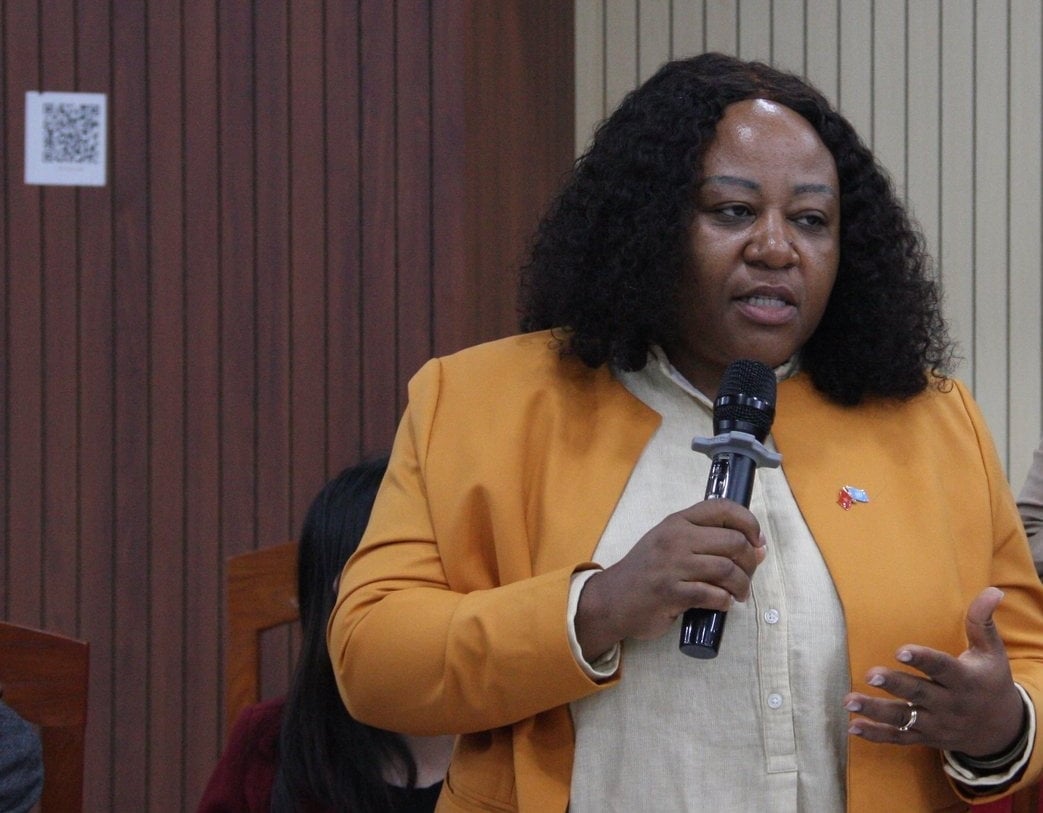
Ms. Caroline Nyamayemombe, Chief Representative of UN Women in Vietnam, gave her opinion at the workshop. Photo: Mai Dan.
Dr. Tran Thi Thu Hien - Vietnam Women's Academy pointed out that reality shows that women are a "vulnerable" group, but they are not only "victims" but also "agents" in responding to climate change. Therefore, it is necessary to create opportunities for them to participate in the process of identifying causes, proposing solutions to adapt to the impacts of climate change and reducing greenhouse gas emissions - the cause of climate change.
From a policy perspective, Associate Professor, Dr. Bui Thi An, former National Assembly delegate and Director of the Institute of Natural Resources, Environment and Community Development, said that elected women representatives play a particularly important role in monitoring the implementation of climate policies.
According to her, women have “gender sensitivity”, so when participating in monitoring, they will pay attention to vulnerable groups - the poor, single women, girls - who are the most heavily affected.
When the proportion of female representatives reaches over 30%, the effectiveness of green policies increases significantly; many studies show that women's participation contributes to reducing fossil fuel subsidies and increasing spending on environmental policies.
She proposed capacity building for female delegates in the fields of climate, public finance, and climate policy monitoring.
The reality of storms and floods in the Central region clarifies the need to improve women's coping skills.
Sharing from a field survey in Da Nang , Dr. Nguyen Ngoc Ly - Chairman of the CECR Management Board pointed out gender differences in storms and floods. According to her, women in the flood-affected areas of the Central region often bear a heavy burden: having to worry about logistics, taking care of relatives, and after the flood, having to stay home to clean up and restore their livelihoods. Meanwhile, women often suffer from skin diseases and gynecological diseases due to prolonged immersion in water; lack of clean water; lack of medicine, bandages, etc.
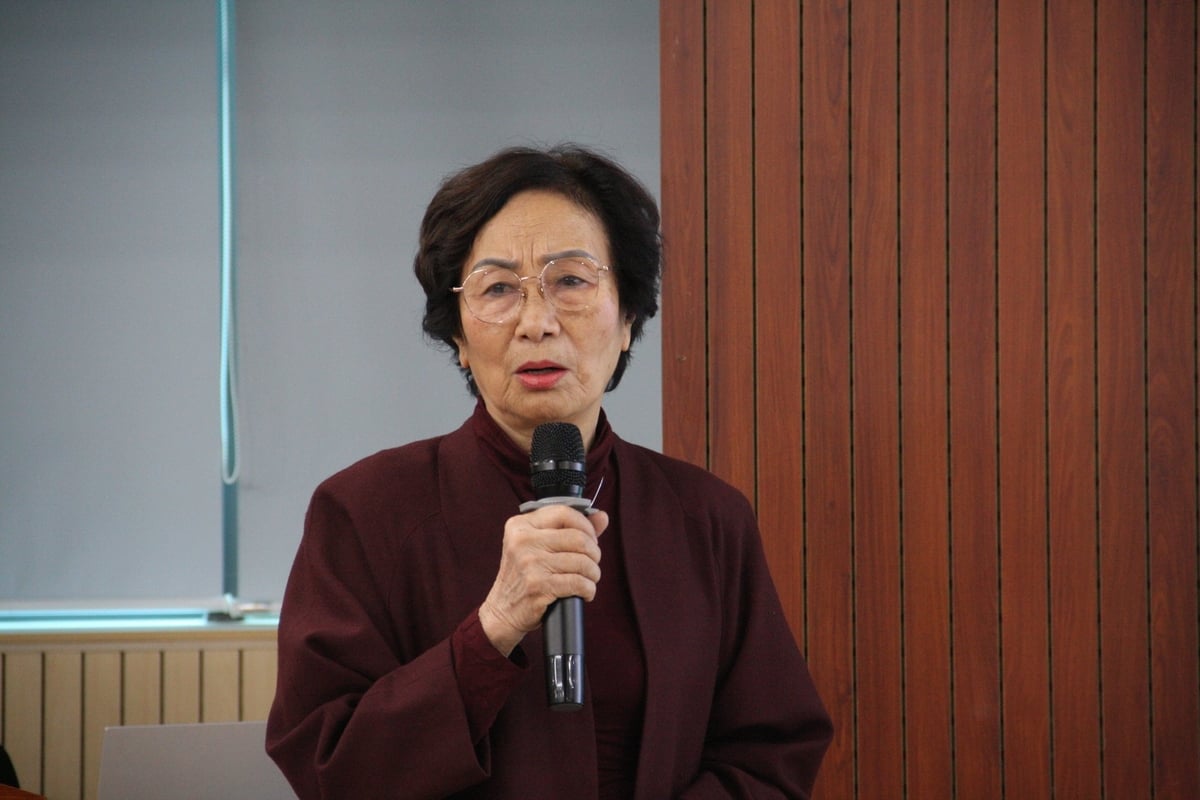
Associate Professor, Dr. Bui Thi An, former National Assembly member and Director of the Institute for Natural Resources, Environment and Community Development, said that elected women representatives play a particularly important role in monitoring the implementation of climate policies. Photo: Mai Dan.
“About 10% of households have men working far away, so women stay home and take on all the work of preparing for storms and floods,” she emphasized.
Faced with that reality, Dr. Ly recommends updating the list of pregnant women, single women, elderly women, and women with disabilities to have special support plans.
At the same time, strengthen skills training for women on risk identification (rain measurement, landslide identification, early warning), clean water management and livelihood and safety planning during natural disasters.
From different perspectives, experts agree that gender equality is not only a development goal, but also a prerequisite for enhancing climate resilience.
To respond effectively, it is necessary to simultaneously enhance the role of women in policy making, monitoring implementation and organizing disaster prevention activities in the community.
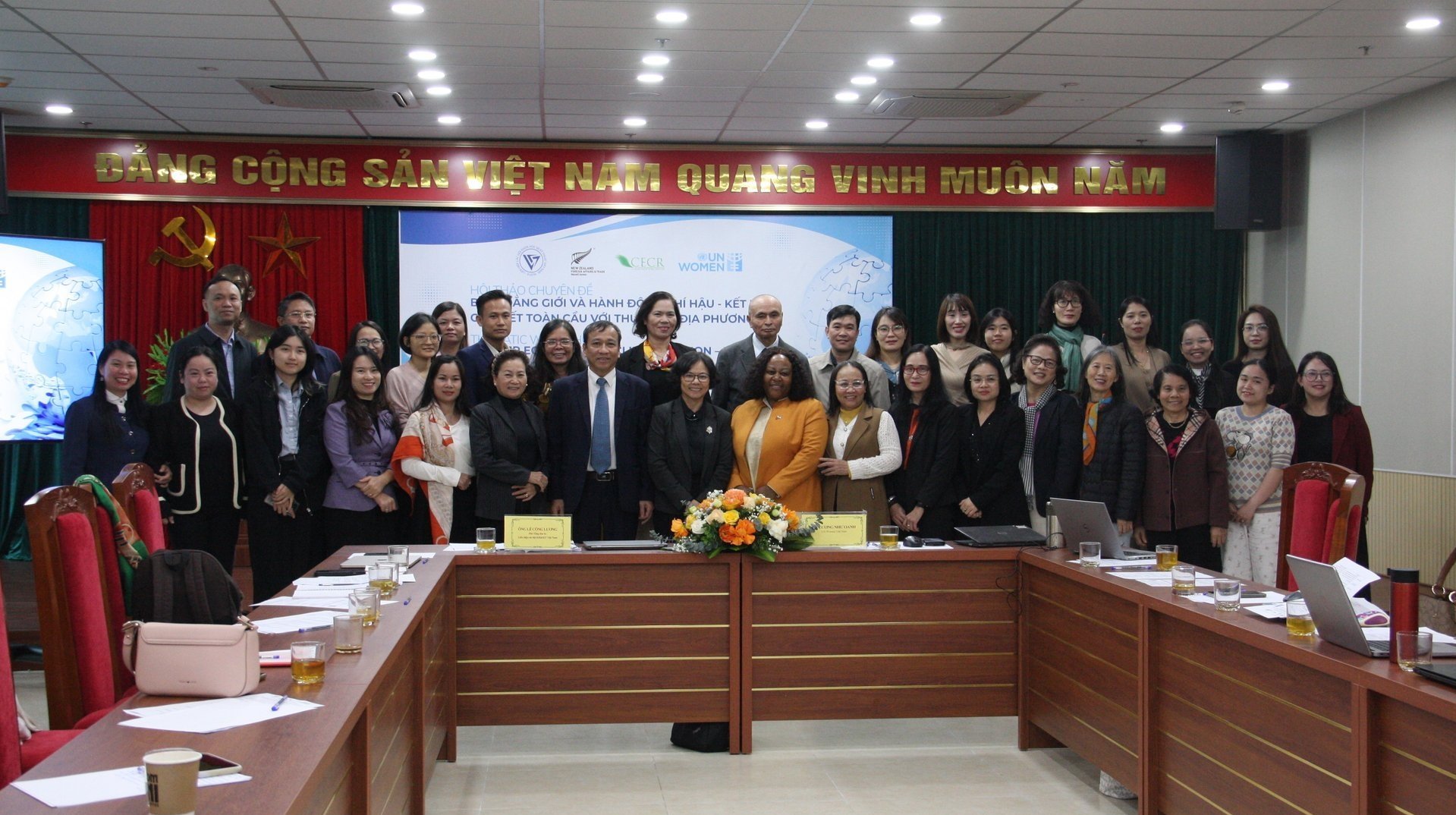
Delegates take souvenir photo. Photo: Mai Dan.
In addition, international experiences and global commitment frameworks such as the Lima Working Programme on Gender, the Gender Action Plan (GAP) or Vietnam's Nationally Determined Contribution (NDC) targets need to continue to be "localized" into local practices.
Source: https://nongnghiepmoitruong.vn/binh-dang-gioi-bao-dam-suc-chong-chiu-khi-hau-cho-cong-dong-d786388.html



![[Photo] Close-up of Ba Ha River Hydropower Plant operating to regulate water to downstream](/_next/image?url=https%3A%2F%2Fvphoto.vietnam.vn%2Fthumb%2F1200x675%2Fvietnam%2Fresource%2FIMAGE%2F2025%2F11%2F25%2F1764059721084_image-6486-jpg.webp&w=3840&q=75)



![[Photo] Prime Minister Pham Minh Chinh receives Governor of Gunma Prefecture (Japan) and Special Advisor to the Japan-Vietnam Friendship Parliamentary Alliance](/_next/image?url=https%3A%2F%2Fvphoto.vietnam.vn%2Fthumb%2F1200x675%2Fvietnam%2Fresource%2FIMAGE%2F2025%2F11%2F25%2F1764066321008_dsc-1312-jpg.webp&w=3840&q=75)
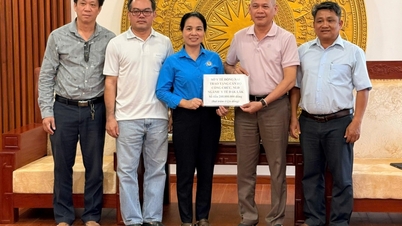

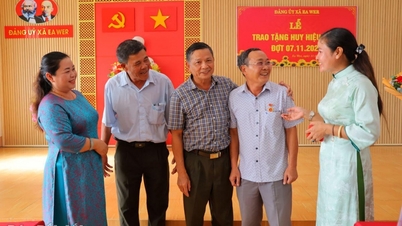

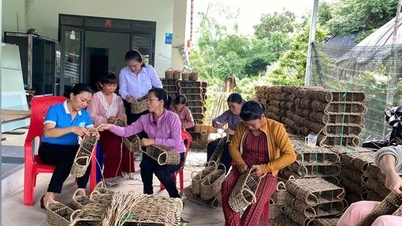

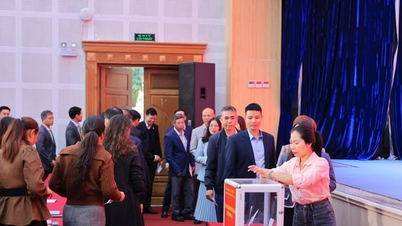

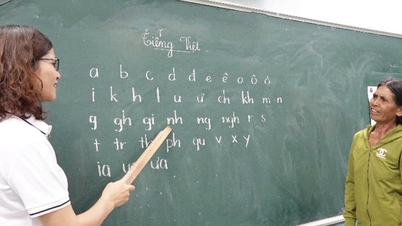

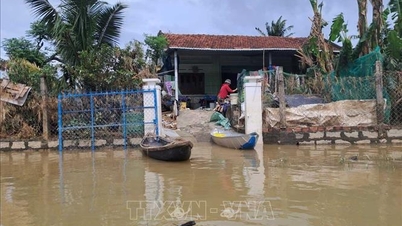

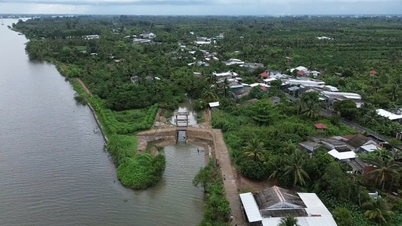
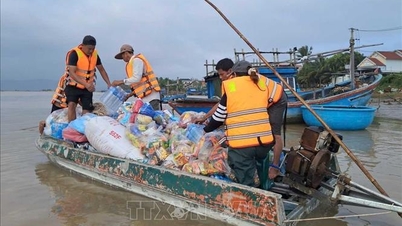
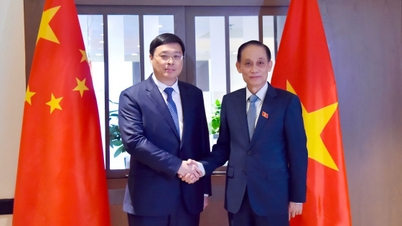
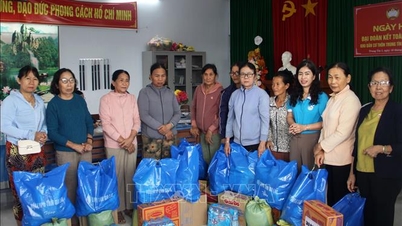
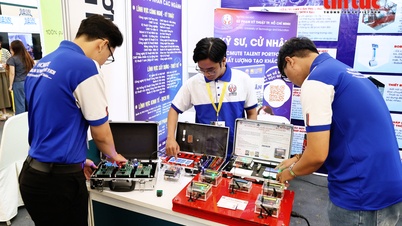




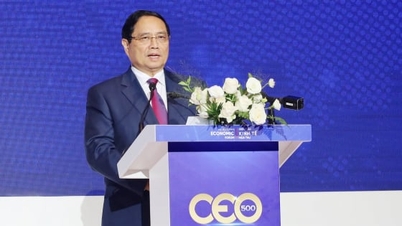
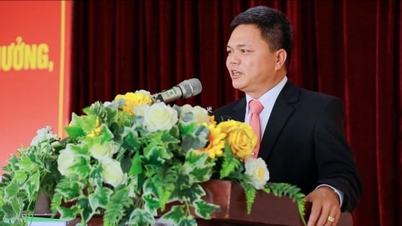
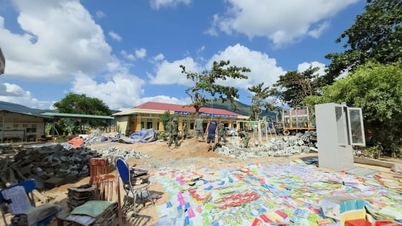
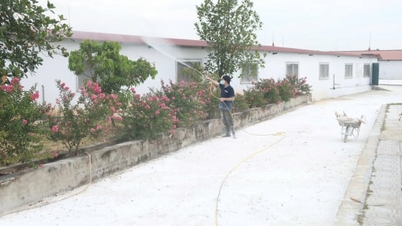
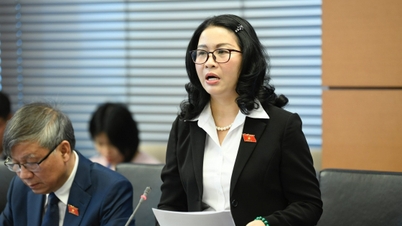
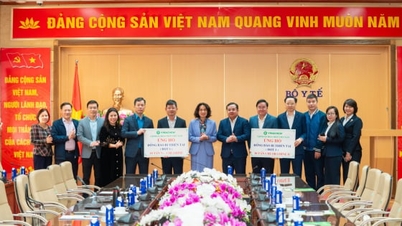


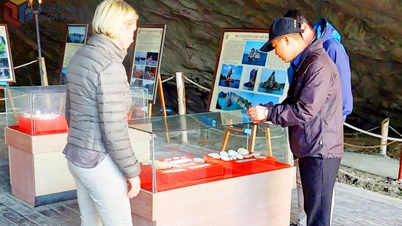



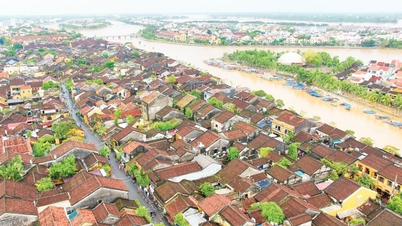

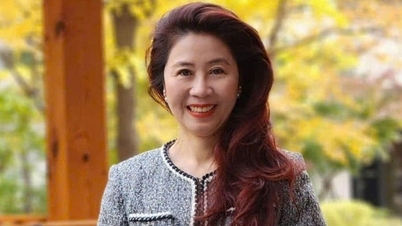
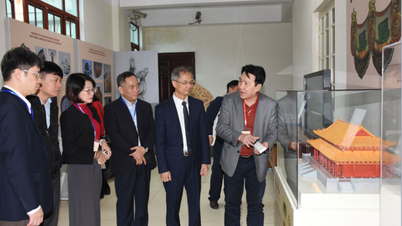








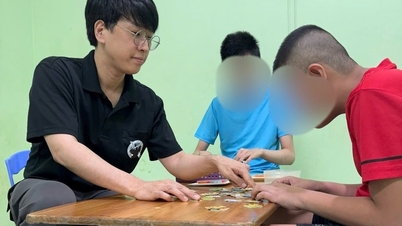

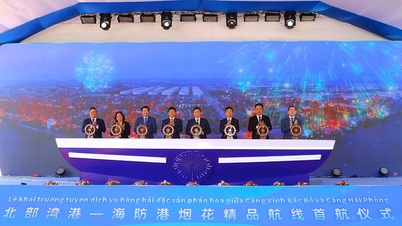

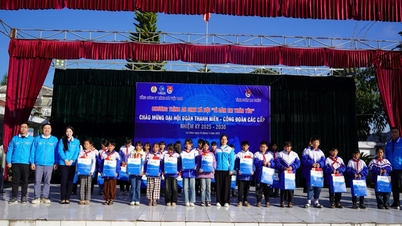
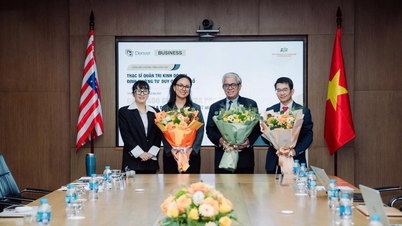

![[Answer] Should I install an elevator for an old renovated house?](https://vphoto.vietnam.vn/thumb/402x226/vietnam/resource/IMAGE/2025/11/25/1764039191595_co-nen-lap-thang-may-cho-nha-cai-tao-cu-khong-04.jpeg)








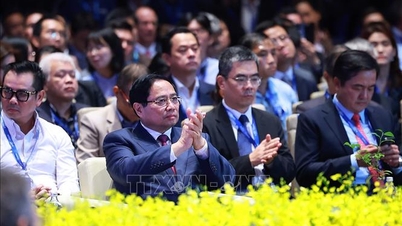


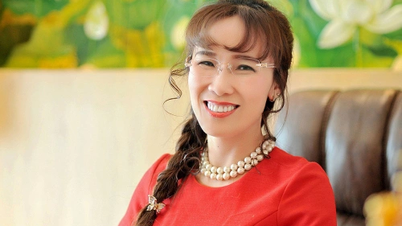

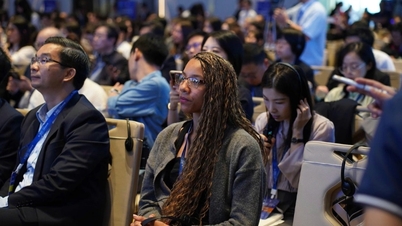






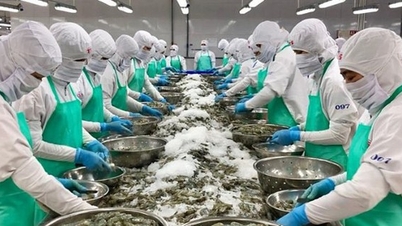
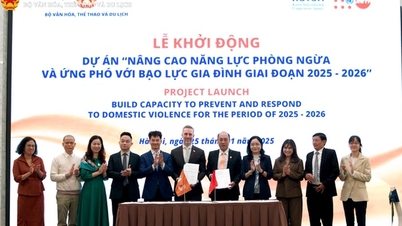

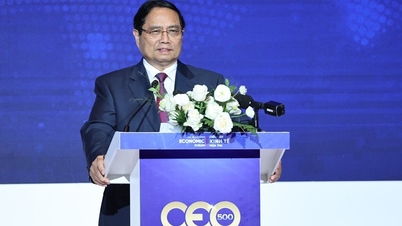

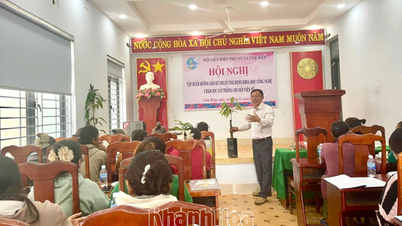

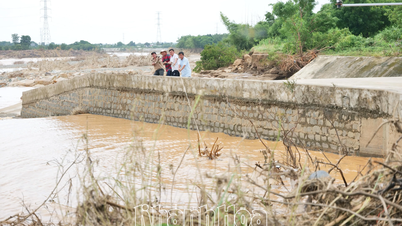
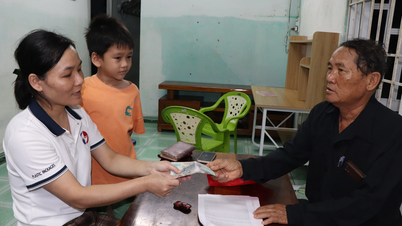

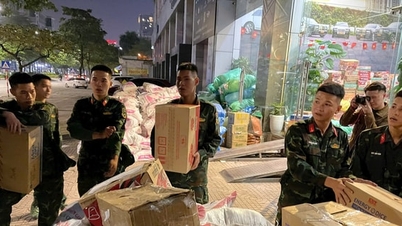











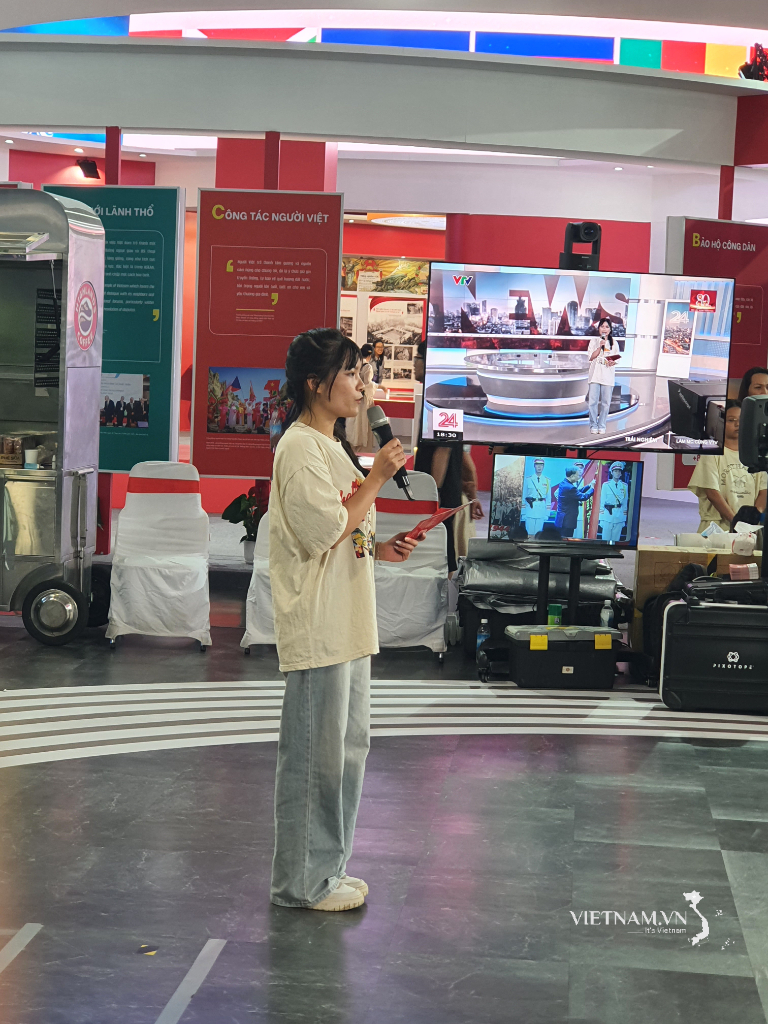



Comment (0)